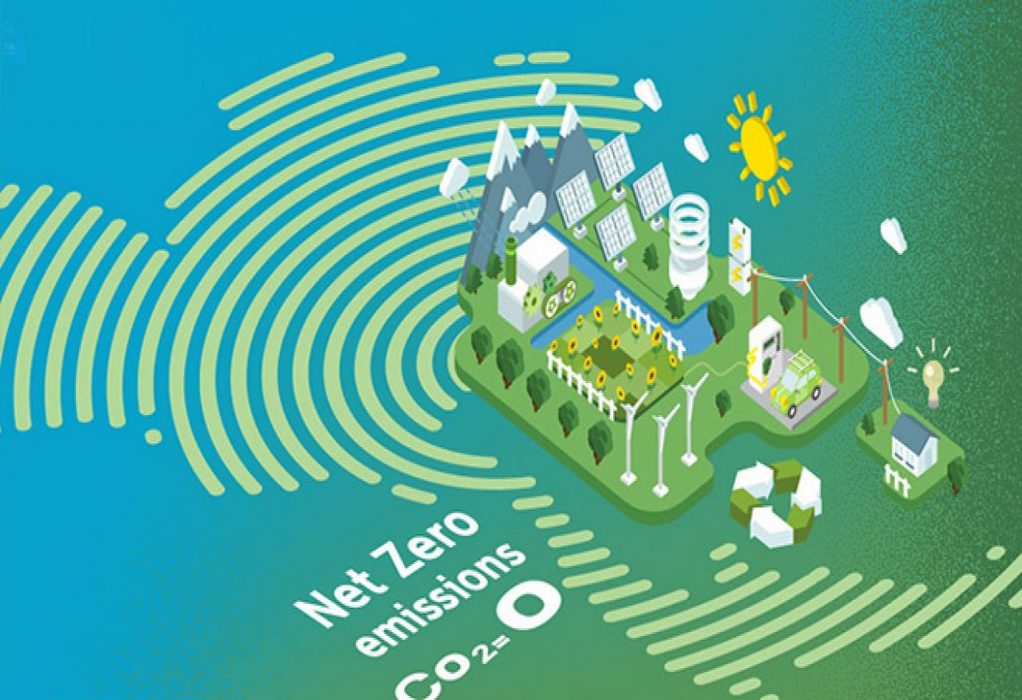BP Plc is aiming to start producing sustainable aviation fuel (SAF) in Australia by 2025 after converting its oil refinery near Perth to produce renewable fuels.
The company however, has not disclosed what volume it plans to produce. Australia has no SAF production so far and has no mandates for the fuel, unlike the European Union, which last week approved plans to require suppliers to blend a minimum of 2% of SAF into their jet fuel from 2025, rising to 85% in 2050.
Air travel accounts for about 2% of global carbon emissions. The industry is aiming to reach net-zero emissions by 2050, relying on SAF usage to rise from around 100 million liters (26 million gallons) a year in 2021 to at least 449 billion liters (118 billion gallons) a year within three decades, a massive challenge.
BP’s plant on the west coast and an A$500 million plant being built by private firm Oceania Biofuels on the east coast will be the country’s first two SAF plants. Oceania’s plant will be able to produce more than 350 million liters (92.5 million gallons) per year of sustainable aviation fuel and renewable diesel.
Tags: BP, carbon emissions, European Union, NetZero, Refinery, SAF



Recent Posts
Hyundai Glovis to Retrofit Seven PCTCs with Avikus AI Navigation System
Super Terminais orders three more Konecranes Gottwald ESP.10 Mobile Harbor cranes
Covestro and HGK Shipping Extend Partnership to 2040 with Focus on Wind-Assisted Vessel Retrofit
Artemis Technologies Successfully Demonstrates 100 Percent Electric Crew Transfer Vessel at Aberdeen Offshore Wind Farm
IACS Council Advances Decarbonisation, Digitalisation and Governance Priorities at C91 Meeting in Beijing
Japan Launches Major R&D Project to Advance Shipbuilding with Alternative Fuels
EU Adopts Emissions Standards for Low Carbon Hydrogen to Bolster Clean Energy Market
Trafigura to Implement ZeroNorth’s AI Platform Across Global Fleet